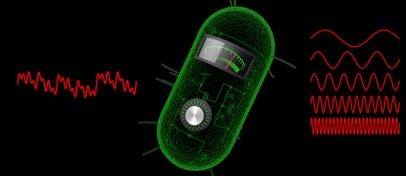Synthetic biology is a multidisciplinary field that attempts to transfer engineering design principles into rational biological design, to achieve multi-signal integration and processing in living cells. This approach provides novel tools to rewire endogenous cellular pathways in order to understand natural systems and construct new functionalities for biotechnological and biomedical applications. For example, it has shown that protein networks with a delay in the feedback loop can cause oscillations in the gene expression level, or yeast can be programmed to produce pharmaceutical compounds that are extremely challenging or expensive to generate using existing methods, or microbiome bacteria can be programmed to detect and respond to changes in state of health, or gene circuits can be constructed to identify cancer cells based on integrated activity of multiple genes, or to provide light-triggered control of blood glucose homeostasis in vivo.
LSB2 group focus on fundamental design principles of biological circuits in living cells. We use principles from electrical engineering (feedback loops and Boolean algebra) to design and construct advancing and novel synthetic gene networks. We can exploit the astoundingly similarity between biology and electronics circuits and realize the detailed features of both systems to design, characterize, model and construct efficiency biology circuits for various applications. We build our own synthetic genetic circuits and study their functions in prokaryotes and eukaryotes cells.
Our circuits have wide applications in medicine (e.g., fine-tuning of gene expression, study microbial cells found on human body), biotechnology (controlling protein synthesis), energy (microbial fuel cell produce electricity) and bioelectronics (whole cell biosensor to detect toxin in water, food and human body).
